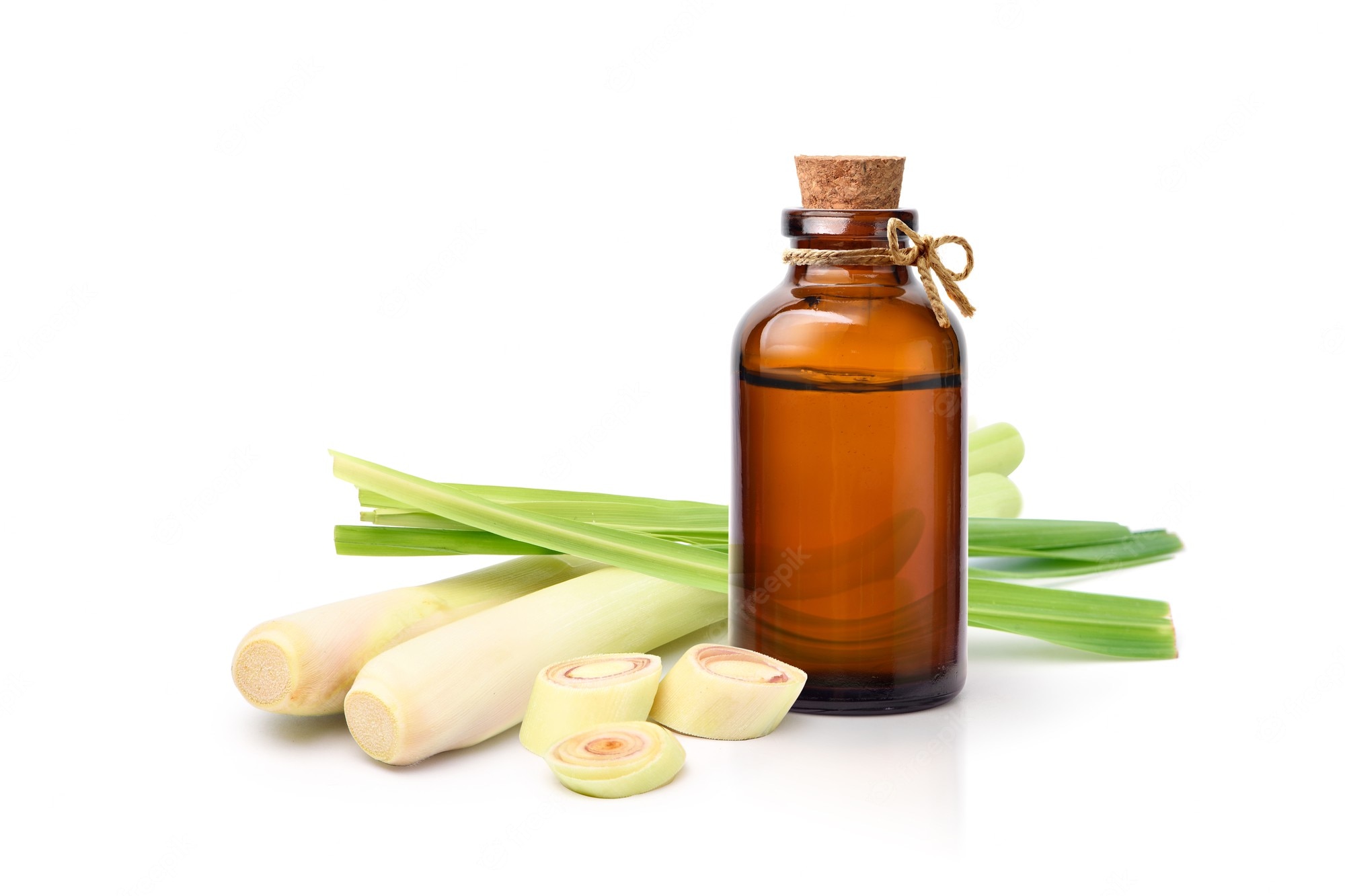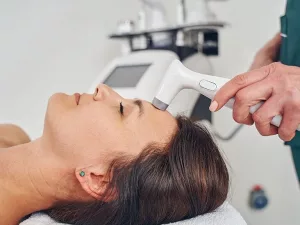Lemongrass essential oil is widely used in aromatherapy. It is often touted for easing stress, anxiety, and low mood, as well as for addressing digestive complaints.
However, high-quality scientific evidence supporting many of these assertions is limited.
Lemongrass is a tropical, grassy herb employed in cooking and traditional remedies. Its oil, distilled from the stalks and leaves, has a strong citrus aroma and is commonly included in soaps and other personal care items.

Many people also attribute various health effects to lemongrass oil. Continue reading to explore the reported advantages and considerations surrounding lemongrass oil.
Antibacterial activity
Lemongrass is frequently used as a home remedy to support wound healing and discourage infection. A 2020 in vitro study identified multiple compounds in lemongrass that demonstrated antibacterial activity.
Another study suggested that the antibacterial traits of lemongrass oil could be useful in treating various skin disorders. For instance, research reported that lemongrass oil inhibited growth of three bacterial species associated with pitted keratolysis.
Nonetheless, more research is necessary to thoroughly evaluate the effectiveness and safety of lemongrass oil as a natural antibacterial option.
Antifungal action
Lemongrass oil may also possess antifungal effects. One study reported that concentrated lemongrass oil successfully eliminated Candida albicans organisms.
Candida albicans is a common fungus found on the skin; overgrowth can lead to conditions such as thrush.
Anti-inflammatory effects
Persistent inflammation is linked to many ailments, including arthritis, heart disease, and some cancers. Lemongrass contains citral, a compound with anti-inflammatory properties.
Some research suggests lemongrass essential oils might help reduce inflammation of the skin. A 2023 study specifically noted that the Cymbopogon citratus constituent in lemongrass could have anti-inflammatory effects.
Antioxidant benefits
Antioxidants protect the body by neutralizing free radicals that can damage cells. Research indicates lemongrass essential oil exhibits free radical–scavenging activity.
Digestive support
Lemongrass is traditionally used for a variety of digestive complaints, from stomach pain to peptic ulcers. A 2018 animal study suggested lemongrass essential oil may aid in gastric recovery.
Lemongrass is also commonly found in herbal teas and supplements for nausea. While many people anecdotally report digestive benefits from lemongrass tea and related products, rigorous research in this area remains sparse.
Blood sugar control
Some evidence suggests lemongrass oil might help lower blood glucose in diabetes. A study observed reductions in blood sugar and improvements in cholesterol markers after use of lemongrass oil.
Several earlier animal and in vitro studies reported similar outcomes, as summarized in a 2024 review. Yet, more well-designed human trials are needed to confirm lemongrass oil’s role as an adjunct to conventional diabetes care.
Arthritis pain relief
The citral in lemongrass essential oil may reduce pain by lowering inflammation. In a 2017 study involving people with rheumatoid arthritis, topical lemongrass oil lessened joint pain. On average, reported pain dropped from 80% to around 50% over 30 days.
However, this trial included only 30 participants, limiting the strength and generalizability of its conclusions.
Stress and relaxation
Many proponents claim aromatherapy and essential oils can relieve stress and anxiety. Yet scientific support for using essential oils to manage anxiety is limited, and much of the evidence is anecdotal or based on self-reported outcomes.
Even so, some people find essential oils relaxing when used in massages or aromatherapy, and these practices generally have a low risk of adverse effects.
How to apply
For aromatherapy, blend lemongrass essential oil with a carrier oil such as coconut, sweet almond, or jojoba oil to create a diluted mixture. You can add this to a warm bath or use it for topical massage.
Never apply undiluted essential oils directly to the skin. Essential oils are not regulated by the U.S. Food and Drug Administration (FDA).
Patch testing
It’s advisable to perform a patch test before applying a diluted essential oil more broadly. This helps determine how your skin responds. If you notice any redness, blistering, or irritation within 24 hours, remove the dressing and wash the area with mild soap and water. If no reaction occurs after 24 hours, the diluted oil is likely safe for use.
Learn more about using essential oils safely.
Potential side effects and cautions
Lemongrass essential oil is highly concentrated, and its adverse effects are not well-documented. In some individuals, side effects from the oil may be more pronounced than from the plant itself.
Topical use of lemongrass can cause allergic reactions or skin irritation. Reported side effects from oral lemongrass include:
- dizziness
- drowsiness
- increased appetite
- more frequent urination
Essential oils can be toxic if swallowed. Do not ingest lemongrass essential oil unless supervised by a healthcare professional who is monitoring your treatment.
Do not substitute lemongrass for prescribed therapies or omit regular medical care without discussing it with your doctor.
Conclusion
Some studies indicate lemongrass essential oil has notable antioxidant, anti-inflammatory, antifungal, and antibacterial properties. Still, more human research is needed before it can be broadly recommended as a conventional treatment.
Until more definitive evidence is available, you might consider drinking lemongrass tea — with your physician’s approval — as a gentle, traditional remedy for stomach issues and other minor complaints.
























Leave a Reply
You must be logged in to post a comment.